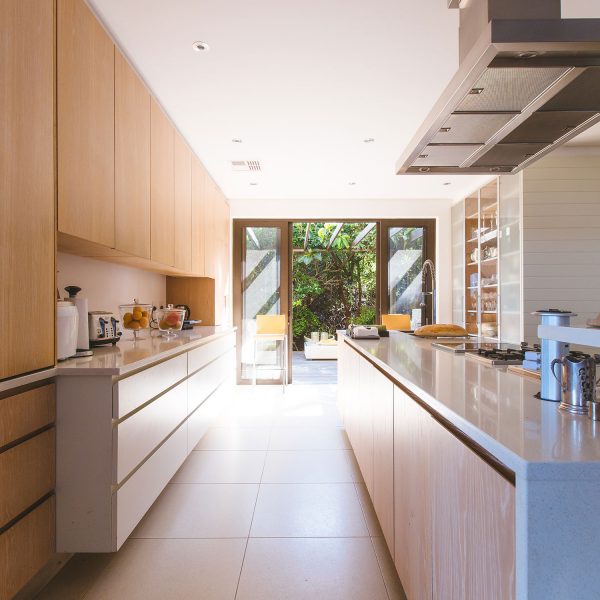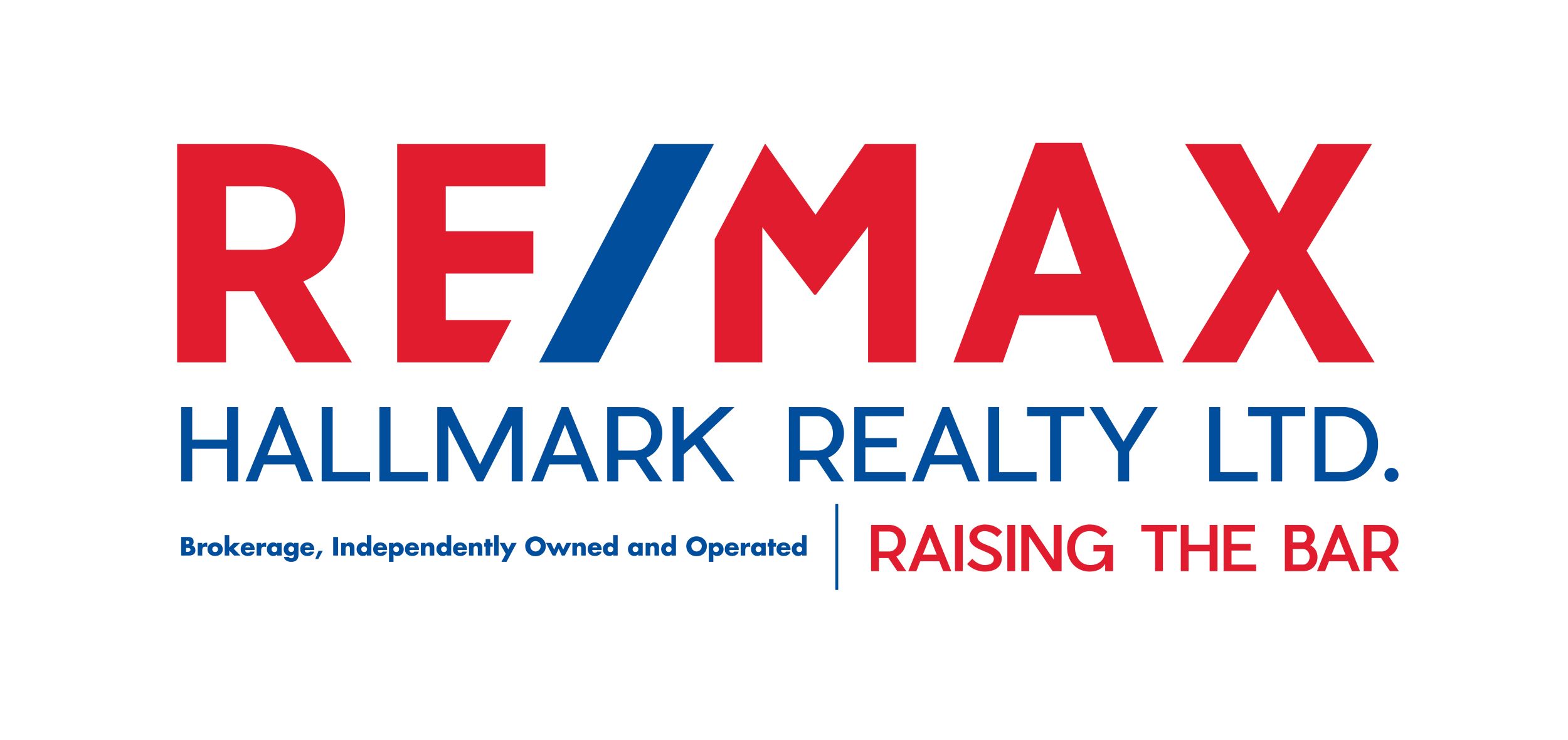If the idea of living in a brand spanking new development appeals to you, where part of your house or unit is sparkling clean and the appliances have never been used, a pre-construction home might be the right choice.
However, there are issues you need to be aware of before you go this route, instead of purchasing a resale property, so that you don’t get caught off guard.
To put the idea of buying new versus resale into perspective, consider the case of Dionne Thompson, that was featured last year in the Toronto Star. Dionne bought a pre-construction home in Whitby, from Mattamy Homes, in early 2017. She agreed to pay $955,000 for the detached family home in phase 1 of the development.
A year later, and before she was able to get into her new home, the second phase of the project was launched, with the exact same model of house being sold in the same area, with similar lots, for significantly less money: $859,000. That’s because the market had cooled from the feeding frenzy that it had been in 2016.
Mattamy president Brad Carr stated in the Star article: “For so many buyers in the marketplace today the upswing has been so long and sustained that it has potentially created the false impression that real estate only goes in one direction. When (the market) is moving upwards, we obviously raise our prices and when it’s moving downwards, in order to continue to sell and to build and complete the communities, we have to lower our prices to a price point the market will bear.”
We always talk about real estate like an investment that will always go up, but that’s not the case in every instance and buyers need to be aware that from the date they sign the contract to purchase their home, they can benefit from an appreciating property value, but they can also risk losing some equity because area prices fall. That’s the risk with investing in something that isn’t already built.
What else you need to know before you consider a pre-construction purchase
Do your research on the developer
The presentation center or model home is shiny and gorgeous, with marble countertops and elegantly laid out spaces that look grand and palatial. It’s easy to get swept away in the feeling that you too could be living like a king or queen in your brand new home, but you need to look beyond the bright, shiny distractions and do some research on past developments the developer has undertaken. Were they successful? What was the relative value? Did they get built even close to on schedule? Have they have shut down a development before even putting a shovel in the ground? Realize that the presentation center or model home has been done to the highest quality possible, and that what you will get won’t be like that unless you spring for the costly upgrades. They can be a worthwhile investment for your eventual resale, but they might be highly overpriced as these are a big profit generator for developers. Focus on structural upgrades like floor plan and flooring, that are more expensive to do later, rather than cosmetic features. Look around the neighbourhood too. Where will your kids be going to school? Are there shops and amenities nearby or are you driving 5 kilometers for milk? Is this an up and coming neighbourhood? You need to decide if these issues matter to you or not.Learn to be patient and flexible
Developers have a fair amount of leeway as to how long it will take to finish the project—and acceptable delays—as well as how they finish it. Delays of months or even years are not uncommon from the original ‘finish’ date. While most of this should be outlined in your agreement of purchase and sale, including any possible penalties for the developer and available ‘out clause’ for you, the reality is that you will need to anticipate at least a 6 month delay, if not longer. As to the design, while your original condo design might indicate that there will be a rooftop pool, partially inside and partially outside, the developer could change that and make it fully enclosed, or even remove it from the plan entirely. Common spaces and a building’s exterior can change from what the original plan showed, so don’t get too fixated on those or you could be disappointed. Read the fine print on what is considered, in your agreement, to be a material change, from which you would be protected.What about the money?
There are a couple of financial issues to consider, when you’re buying pre-construction versus resale. Here they are, laid out ‘head to head’: Deposits: While you can put as little down as 5% on a resale home or condo, pre-construction units will require something in the order of 15-20% down. While this might be payable in installments, it can be quite a large of chunk of money to come up with. Tax: You will have to pay HST on the entire purchase price of a new home. That’s 13% of the total price. For resale homes, you only pay the HST on the fees, such as your legal fees. Condo fees: These can be lower on pre-construction because developers will often keep them low to be attractive to buyers. However, they can go up, even up to 20% higher in the following years. Closing costs: While some closing costs are pretty standard in a resale home as in a pre-construction, including land transfer and legal fees, they can be higher with a new development as there might be costs to the developer that are downloaded directly to you. Such as? Hook up costs for hydro and other utilities, taxes on appliances and so on. You can control these to an extent in your purchase agreement, by capping these ‘extra costs’, but you still need to plan for this in your budget. Mortgage interest rates: It’s difficult if not impossible to get a lender to hold to a rate for the duration of the building of the home or condo, as that can be years. While developers are often connected to lenders who can provide longer terms, you could still see an interest rate increase affect your budgeted amount. With resale, you can lock in at a rate so long as your close is reasonably close to your purchase date. Make sure your lawyer takes a look at the agreement of purchase and sale: there are a lot of finer points and details that you need to be aware of. In Ontario, you have a 10 calendar day cooling off period to get this done and if you don’t like something and want out? You can do it without penalty and get your initial deposit back. While projects have been scrapped in the past due to rising building costs relative to the value of the units, it’s not a common occurrence, so if you love the idea of owning a bathroom that’s never been used before, pre-construction can work. Just go into it with your eyes wide open and don’t forget to consult with a realtor. There are VIP construction discounts and deals that are at time available through a realtor that aren’t available otherwise.April 17, 2019

Riverdale Office
Phone: 416-462-1888
Fax: 416-462-3135
630 Danforth Avenue, Toronto,
ON M4K 1R3


